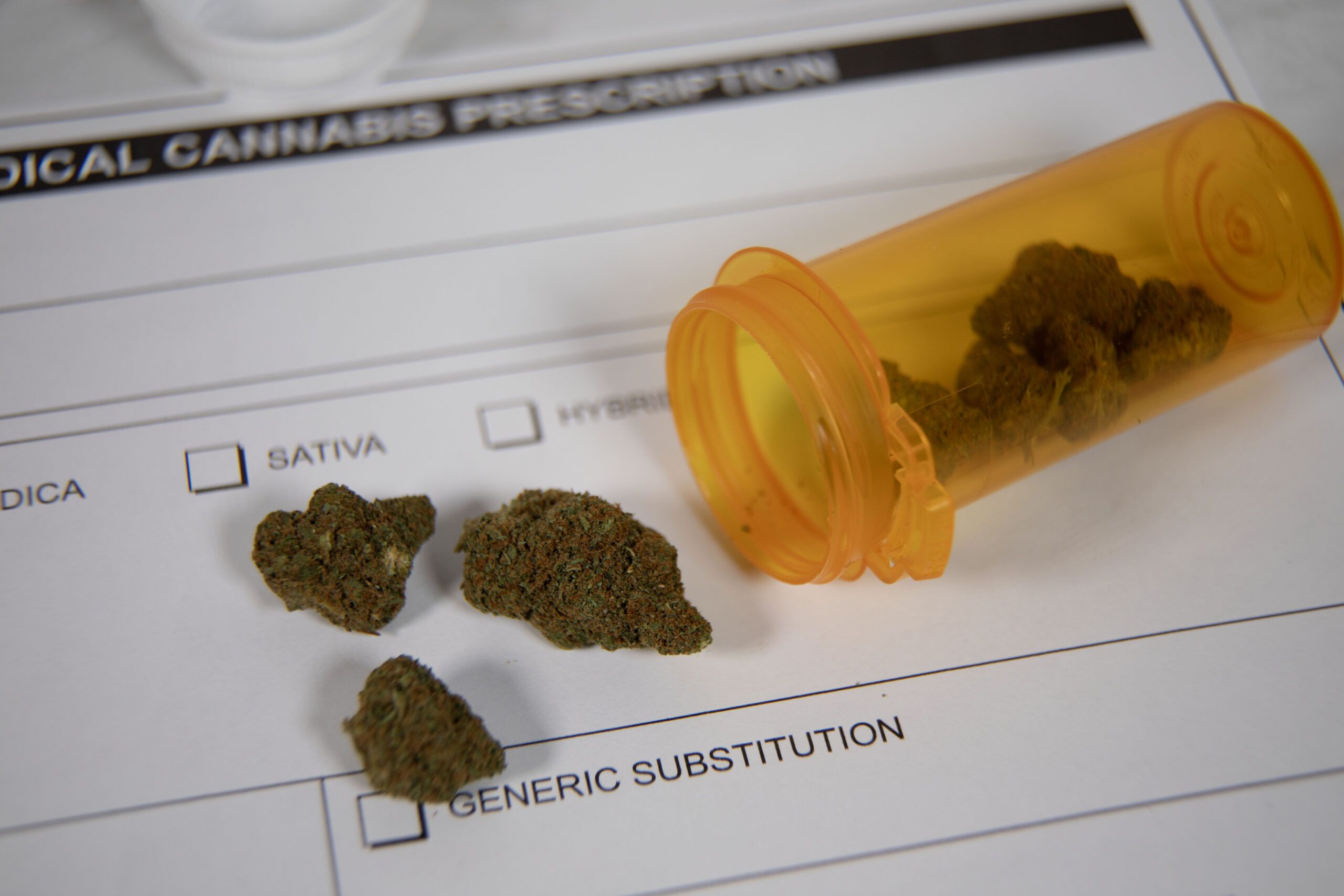As cannabis legalization continues to spread, interest in its potential medical uses has grown. One area of research that has drawn considerable attention is how cannabis might affect individuals with Attention Deficit Hyperactivity Disorder (ADHD). ADHD is a common neurodevelopmental disorder characterized by symptoms such as inattention, hyperactivity, and impulsivity. Some individuals with ADHD have turned to cannabis as an alternative or supplement to traditional medications like stimulants (e.g., Ritalin or Adderall), but does it help or hinder?
In this article, we will explore the potential pros and cons of cannabis use for ADHD and what current research suggests.
Pros of Cannabis for ADHD
- Potential Calming Effects
Some people with ADHD report that cannabis helps them relax, reduces anxiety, and allows them to feel more in control of their thoughts and actions. This effect may be due to the presence of CBD (cannabidiol), a non-psychoactive compound in cannabis known for its calming properties. Some believe that CBD can help alleviate the overstimulation associated with ADHD, allowing them to focus better. - Reduction in Traditional Medication Side Effects
Stimulant medications like Adderall and Ritalin can come with a host of side effects, including insomnia, appetite suppression, and anxiety. Some individuals prefer cannabis as a natural alternative to avoid these side effects. Certain strains of cannabis, especially indica-dominant strains, may help promote sleep and appetite in users struggling with the side effects of ADHD medications. - Focus and Cognitive Enhancement
Anecdotal evidence from some users suggests that certain cannabis strains, particularly sativa-dominant strains with THC, can improve focus and allow individuals with ADHD to manage tasks more effectively. THC can stimulate dopamine production in the brain, which may temporarily alleviate some ADHD symptoms, similar to how stimulant medications work.
Source: Healthline
Cons of Cannabis for ADHD
- Memory Impairment
One of the main concerns with THC, the psychoactive component of cannabis, is its potential to impair short-term memory. For individuals with ADHD, who may already struggle with attention and memory, this could worsen their symptoms rather than alleviate them. Regular use of THC-heavy strains has been linked to difficulties in concentration and cognitive function. - Lack of Conclusive Research
While there is plenty of anecdotal evidence regarding cannabis and ADHD, clinical research is still in its infancy. The long-term effects of cannabis use, particularly among adolescents (who make up a large portion of ADHD patients), remain unclear. Health experts caution that without more rigorous scientific studies, it’s challenging to recommend cannabis as a treatment for ADHD. - Risk of Dependency
Cannabis use carries the risk of dependence and misuse, particularly among individuals prone to addictive behaviors. Some research indicates that people with ADHD may have a higher likelihood of developing substance use disorders, which could complicate the use of cannabis as a treatment option.
Source: American Journal of Psychiatry
In Summary: Is Cannabis a Viable ADHD Treatment?
While some individuals with ADHD may find relief in cannabis, its effects vary significantly based on the individual, the strain, and the dosage. While cannabis may offer an alternative for those seeking to manage ADHD symptoms, its use should be approached with caution, especially given the limited research and potential side effects.
If you’re considering cannabis as part of your ADHD management, it’s important to consult with a healthcare professional who understands both ADHD and cannabis. More research is necessary to fully understand the benefits and risks, but for now, cannabis remains an unofficial, alternative treatment for ADHD.
Sources:


